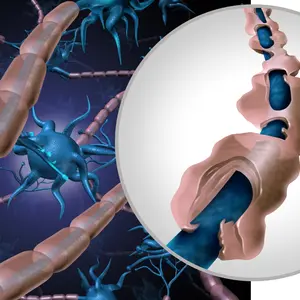

Chronic Conditions and Diseases

Chronic Conditions and Diseases
To Lose Weight Look to the Underlying Cause
A popular New Year’s resolution is to lose weight, but research shows that just one in six people who lose a significant amount of weight—10% of their body weight—are able to maintain the loss for at least a year.
The key to sustaining weight loss, according to Dr. Lee Kaplan, director of the Obesity, Metabolism, and Nutrition Institute at Massachusetts General Hospital, is understanding the underlying causes of the excess weight.
Excessive weight gain or the inability to sustain weight loss means your body is malfunctioning and inducing the storage of fat, says Dr. Kaplan. Obesity and carrying excess weight is similar to other physical imbalances and should be addressed by making the changes that reverse the biological process.
There’s no one-size-fits-all solution, he says. Among the many common reasons that the body holds onto fat are inadequate sleep, chronic stress, a disrupted biorhythm, medications, poor diet, and lack of exercise.
Dr. Kaplan, who is also an associate professor of medicine at Harvard Medical School, recommends, first, asking yourself when the weight gain began, as a clue to the underlying cause. Was it job, stress, childbirth related? Had you started a new medication? Antidepressants, anticonvulsants, steroids, and pain medications are linked to weight gain.
Once the root cause is determined, work to adjust it. This could mean getting more sleep, reducing the stressors in your life, changing weight-gain-causing medications. Adjusting your diet may be called for but no single diet will be successful for everyone. Genetic make-up will determine whether a low-carb or a low-fat diet is more suitable.
“Recognizing that obesity is a disease out of your control can be the first step in solving what can be a frustrating and dangerous dilemma,” says Dr. Kaplan.
REFERENCES
Harvard Women’s Health Watch. (2021, January 6). Tips to keep lost weight off in the New Year. Harvard Health Publishing. https://www.health.harvard.edu/staying-healthy/tips-to-keep-lost-weight-off-in-the-new-year



 By
By








